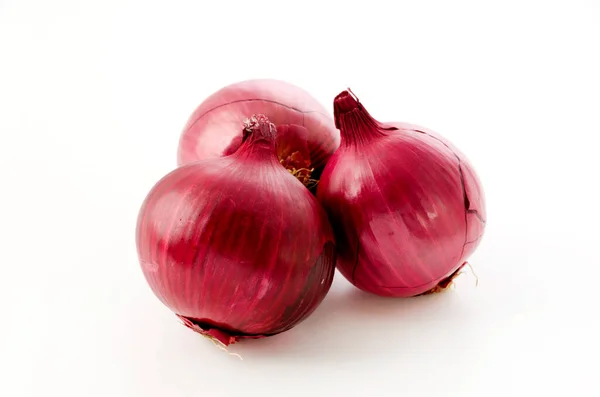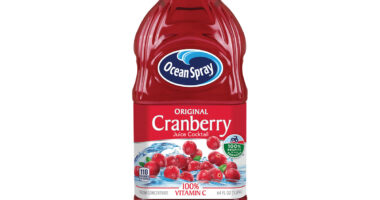Polyphenols are a group of naturally occurring compounds that are widely distributed in plant-based foods, including fruits, vegetables, nuts, and seeds. They are characterized by their polyphenolic structure, which contains multiple phenolic rings with hydroxyl groups attached to them.
Polyphenols are the most abundant antioxidants in the human diet and are considered essential micronutrients. They are involved in numerous biological processes, including plant growth, reproduction, and protection against pathogens, UV radiation, and oxidative stress.
Types of Polyphenols
Polyphenols are a diverse group of compounds that can be classified into several subclasses, including flavonoids, phenolic acids, stilbenes, and lignans.
Flavonoids are the most abundant polyphenols in the human diet, and they can be further subdivided into six subclasses: flavones, flavonols, flavanones, flavan-3-ols, anthocyanidins, and isoflavones.
Phenolic acids are another subclass of polyphenols that are found in a variety of plant-based foods, including fruits, vegetables, coffee, and tea.
Stilbenes are a smaller subclass of polyphenols that are mainly found in grapes, peanuts, and berries.
Lignans are polyphenol that are found in whole grains, nuts, and seeds.
How Do Polyphenols Work in the Body?
Polyphenols exert their biological effects by modulating various cellular signaling pathways, including those involved in inflammation, oxidative stress, and cell growth and differentiation.
Polyphenols are also potent antioxidants, which means that they can scavenge free radicals and other reactive oxygen species that can damage cells and DNA.
In addition, polyphenol can modulate the gut microbiota, which plays a crucial role in maintaining overall health and preventing disease.
Health Benefits of Polyphenols
Polyphenols have been linked to numerous health benefits, including reduced inflammation, improved heart health, better cognitive function, and lowered risk of certain cancers.
1. Reduced Inflammation
Chronic inflammation is a significant contributor to the development of many chronic diseases, including heart disease, cancer, and Alzheimer’s disease.
Polyphenols have been shown to reduce inflammation by modulating various cellular signaling pathways involved in the inflammatory response.
2. Improved Heart Health
Endothelial dysfunction is a significant contributor to the development of cardiovascular disease, and polyphenol have been shown to improve endothelial function by increasing the bioavailability of nitric oxide, a molecule that plays a crucial role in maintaining healthy blood vessels.
3. Better Cognitive Function
Polyphenols may also play a role in maintaining cognitive function and preventing cognitive decline.
Studies have shown that polyphenols can improve memory and cognitive function in older adults and may also reduce the risk of neurodegenerative diseases such as Alzheimer’s disease.
4. Lowered Risk of Certain Cancers
Polyphenols have been linked to a lowered risk of certain types of cancer, including breast, colon, and prostate cancer.
Studies have shown that polyphenols can inhibit the growth and proliferation of cancer cells and may also reduce the risk of cancer by scavenging free radicals and other reactive oxygen species that can damage cells and DNA.
Foods Rich in Polyphenols

Polyphenols are found in a wide range of plant-based foods, including fruits, vegetables, nuts, and seeds.
Fruits
Fruits that are particularly rich in polyphenols include berries, such as strawberries, raspberries, and blueberries, as well as cherries, apples, and pomegranates.
Vegetables
Vegetables that are rich in polyphenols include artichokes, broccoli, spinach, kale, and onions.
Nuts and Seeds
Nuts and seeds that are rich in polyphenol include almonds, walnuts, pecans, and flaxseeds.
How to Maximize Your Polyphenol Intake
To maximize your polyphenol intake, it’s essential to consume a wide variety of plant-based foods, including fruits, vegetables, nuts, and seeds.
In addition, certain cooking methods, such as boiling and frying, can reduce the polyphenol content of foods. Therefore, it’s best to consume these foods raw or lightly cooked to preserve their polyphenol content.
Potential Side Effects of Polyphenol Consumption
While polyphenol are generally considered safe, consuming large amounts of these compounds can cause gastrointestinal discomfort, including bloating, gas, and diarrhea.
It’s also essential to note that some polyphenols, such as those found in tea and coffee, can interfere with the absorption of certain minerals, such as iron and zinc.
Final Note…
In summary, polyphenols are a group of naturally occurring compounds with potent antioxidant properties. They are found in a variety of plant-based foods and have been linked to numerous health benefits, including improved heart health, reduced inflammation, better cognitive function, and a lowered risk of certain cancers. While consuming polyphenol in moderation is generally considered safe, it’s essential to be mindful of potential side effects and to consume these compounds through a varied diet of fruits, vegetables, nuts, and seeds. By incorporating these foods into your diet and being mindful of cooking methods, you can help maximize your polyphenol intake and reap the potential health benefits.
I hope this article has been informative and helpful in understanding the role and benefits of polyphenol in our diets. If you have any further questions or concerns about polyphenol, be sure to consult with your healthcare provider or a registered dietitian.









